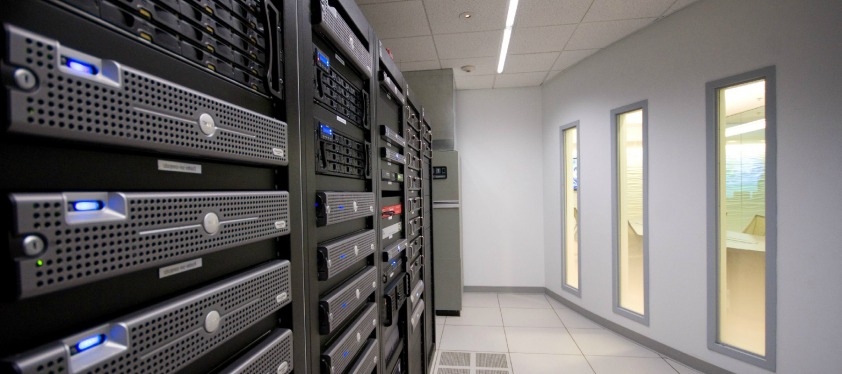
Reposted from CoSN:
The Trusted Learning Environment (TLE) Seal initiative will allow school system leaders to communicate their privacy efforts to parents, communities and other stakeholders and assure the school system is adhering to best practices and taking steps in the right direction.
“When looking at the evolving digital tools and ongoing related activities in classroom settings, we agree with parents: They need assurances that student data are protected,” said Keith Krueger, CEO of CoSN. “That is why school system technology leaders and our diverse education leadership partners are putting forth this national program that builds a culture of trusted learning in all K-12 school systems.”
Over the next six months, the four national education organizations will collaborate with 28 U.S. school systems to create the seal and establish criteria for schools nationwide to follow. When formed, the TLE Seal will be available for adoption to all K-12 school systems, irrespective of size, location, socio-economic profile or governance form (i.e., public, private or charter).


